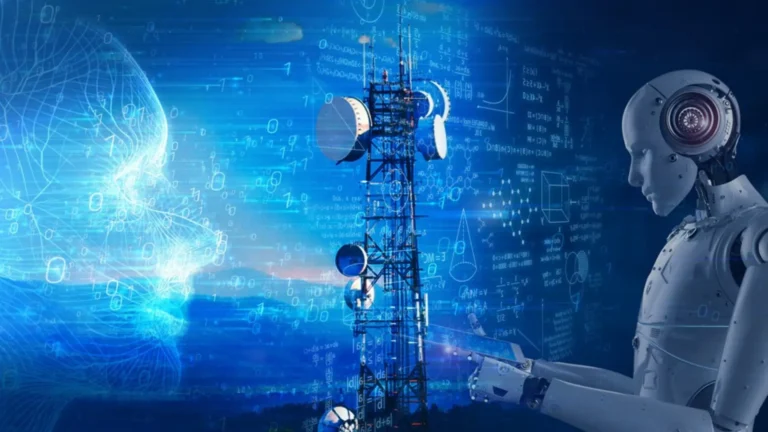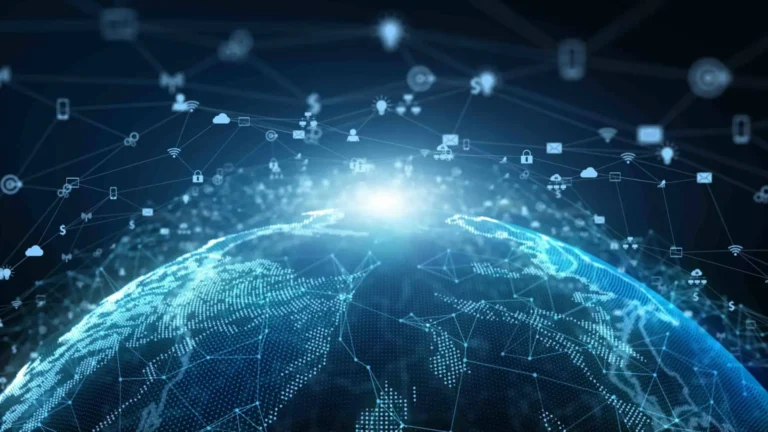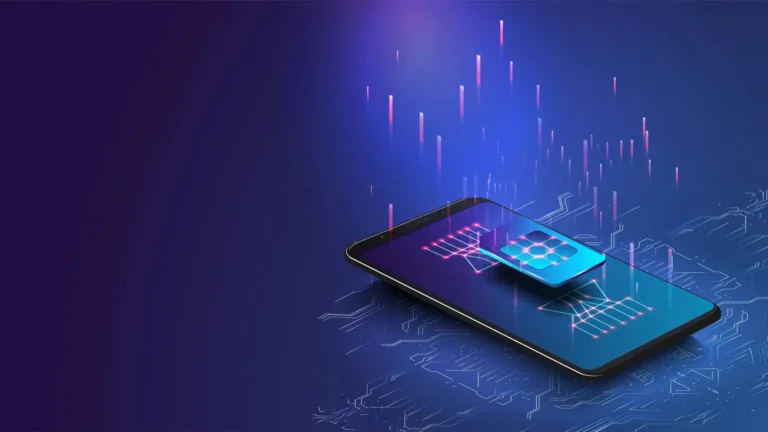
AI-Generated Art
The emergence of AI-generated art has ignited a fascinating and complex debate, blurring the lines between human creativity and machine intelligence. While AI tools offer unprecedented possibilities for artistic expression, they also raise profound ethical concerns that demand careful consideration. The ethical concerns surrounding AI-generated art are not merely about technical capabilities; they delve into the very essence of creativity, authorship, and the value of human expression.
AI art generators, powered by sophisticated algorithms and vast datasets, can produce stunning and original artworks in a matter of seconds. This rapid creation and the ability to mimic various artistic styles raise questions about the role of human artists, the ownership of artistic creations, and the potential for misuse.
Authorship and Ownership
One of the most pressing ethical concerns surrounding AI-generated art is the question of authorship and ownership. Who is the artist when an AI creates a piece of art? Is it the developer of the AI, the user who provides the prompts, or the AI itself?
Human Input vs. Machine Output
- While AI art generators rely on human input, such as prompts and parameters, the actual creative process is largely automated.
- This raises questions about the extent to which human input constitutes authorship.
Copyright and Intellectual Property
- The copyright status of AI-generated art is unclear and varies across jurisdictions.
- This ambiguity can lead to disputes over ownership and the right to commercialize AI-generated artworks.
Data Provenance
- Many AI art generators are trained on massive datasets of existing artworks, raising concerns about copyright infringement and the fair use of artists’ work.
- It is difficult to trace the origins of the data used to train these models, making it challenging to determine whether copyright has been violated.
Impact on Human Artists
The rise of AI-generated art also raises concerns about its potential impact on human artists. The ability of AI to rapidly produce artworks in various styles could devalue human artistic labor and create unfair competition.
Devaluation of Artistic Skill
- The ease with which AI can generate art could diminish the perceived value of human artistic skill and expertise.
- This could lead to a decline in demand for human-created art and a decrease in artists’ income.
Job Displacement
- AI art generators could potentially displace human artists in certain industries, such as graphic design, illustration, and advertising.
- This could lead to job losses and economic hardship for artists.
Style Mimicry and Appropriation
- AI art generators can mimic the styles of existing artists, raising concerns about artistic appropriation and the potential for commercial exploitation.
- Artists may feel that their unique styles are being copied and used without their consent.
Ethical Considerations in Data Usage
The training of AI art generators relies heavily on vast datasets of existing artworks, raising ethical concerns about data usage and consent.
Consent and Attribution
- Many artists whose work is used to train AI models have not given their consent.
- Furthermore, AI art generators often do not provide proper attribution to the artists whose work they are based on.
Bias and Representation
- AI art generators can perpetuate and amplify existing biases in the datasets they are trained on, leading to discriminatory or stereotypical representations.
- This can reinforce harmful stereotypes and exclude certain groups from artistic representation.
The Issue of “Style Theft”
- Although a program doesn’t copy a specific image, it does learn a style. This is seen by some as a form of style theft.
The Future of AI and Art
Despite the ethical concerns, AI art generators also offer exciting possibilities for artistic expression and collaboration.
Creative Collaboration
- AI tools can be used as creative partners, assisting human artists in exploring new ideas and pushing the boundaries of artistic expression.
- This collaborative approach can lead to the creation of innovative and unique artworks.
Accessibility and Democratization
- AI art generators can make art creation more accessible to individuals who may lack traditional artistic skills.
- This democratization of art can foster creativity and self-expression.
New Forms of Artistic Expression
- AI tools can enable the creation of new forms of artistic expression that were previously impossible.
- This can lead to the emergence of new art movements and styles.
The ethical concerns surrounding AI-generated art are complex and multifaceted. As AI technology continues to evolve, it is crucial to engage in ongoing dialogue and develop ethical frameworks that ensure responsible and equitable use of AI in the arts.



